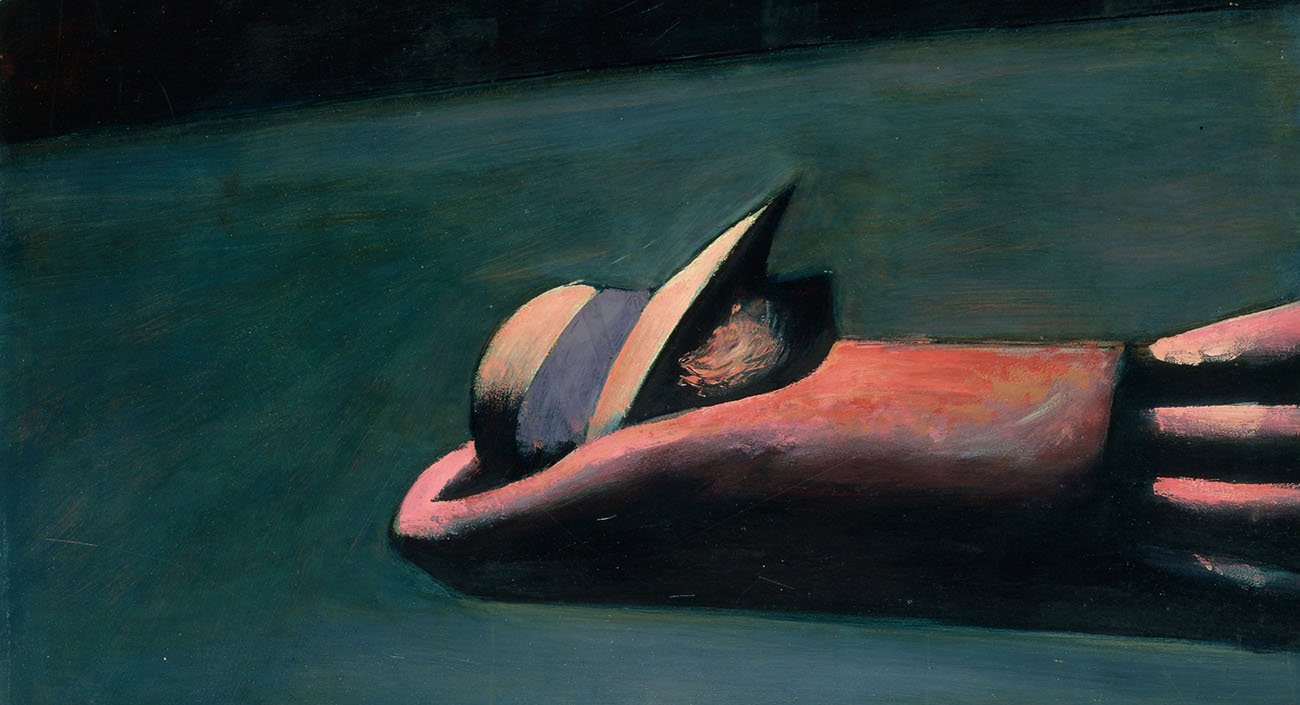
For much of the 1940s, Europe was the cockpit of a world at war. Alongside it, though, lay another Europe, seldom discussed. It was the Europe which played no part in the war – the neutral lands.
From Stalingrad to the Atlantic Coast, from the fjords of Norway to the Peloponnese, millions were conquered, enslaved, and murdered by a death cult which took a twisted cross and skull as its emblems. Yet through all the bombing and the battles, the suffering and the slaughter, this other Europe lay beside it at peace.
Spain. Portugal. Switzerland. Ireland. Sweden, and a scattering of other principalities. All of these remained neutral throughout the war (while continuing to do business with one side or the other, or sometimes both) – a patchwork of brightly-lit countries where no bombs fell and life went on as before in the peaceful countryside and undamages cities.
It is strange to imagine how it felt during the war for the millions who lived in this ghost Europe. Imagine a rosy-cheeked Swedish family in 1942, travelling into the centre of Stockholm to see the Christmas lights being turned on with cheers and carol-singing, while a few hours to the south, columns of black smoke rose every day from the death camps in Poland.
Or think of a Portugese couple on their summer holiday in the midst of the war, relaxing by a poolside in Ray-Bans and swimming costumes with cocktails in hand, while just across the French border, Gestapo officers were rounding up Jewish people and torturing Resistance fighters.
Ships travelled regularly between Portugal and Ireland on the ‘Lisbon Run,’ prominently flagged as neutral. Our Portugese couple might easily have sailed to County Cork for a week’s fishing in some tranquil village, barely noticing a newspaper headline about the London blitz.
I wonder how these people felt. Was there a sense of moral indigestion? Was there frankly a feeling of relief at being uninvolved in the war on the Nazis? It’s a dilemma which has always fascinated me.
I imagine two sleepers side by side. One is tormented by nightmares. The other bathes in a luxurious, bucolic dreamscape. They both wake with a start, staring at each other in incomprehension and horror.




I knew a girl whose father, a Yorkshire house builder, boasted he stayed out of ‘that stuff’. He was, I deduce, totally untouched by the war except that It gave him the opportunity to ‘gather brass’. My father, the RAF man,on their one and only meeting, was less than impressed. How he contained his discust astounded me. So, it wasn’t just the citizens of those odd few countries where life went on as usual.
There was a flight of artists and writers to the west of Ireland during the phoney war in ’39, cravats and excuses fluttering in the wind as they went. Most soon came back to work for the BBC and keep the pubs of Fitzrovia in business.